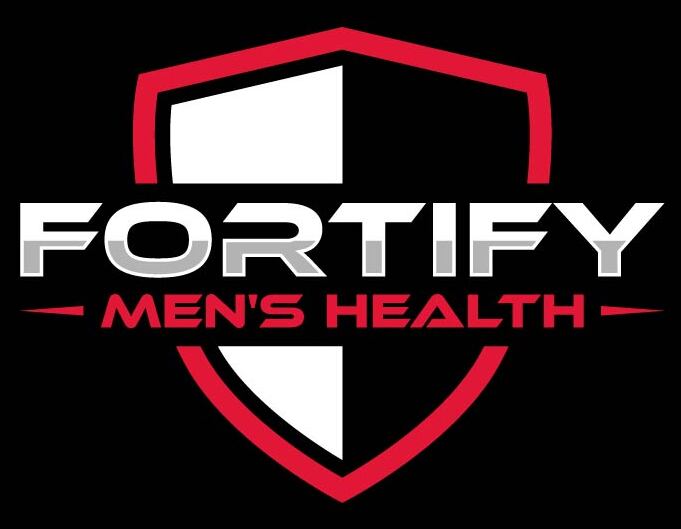Bioidentical Hormone Replacement Therapy: A Heart-Healthy Boost for Men and Women
Hormone changes, whether from menopause in women or age-related testosterone decline in men, can challenge health, particularly for the heart. Bioidentical hormone replacement therapy (BHRT), using hormones like estradiol and testosterone that mirror the body’s own, is gaining attention for its ability to reduce cardiovascular risk and enhance well-being. Recent research highlights how BHRT supports heart health and vitality for both genders, offering a personalized path to aging well.
For women, BHRT shines in early menopause. A 2022 meta-analysis in the Journal of Clinical Endocrinology & Metabolism found that transdermal bioidentical estradiol (0.025–0.1 mg/day) reduced carotid artery thickness—a key heart disease marker—by 20–25% in women under 60. This suggests less plaque buildup, lowering risks of heart attacks and strokes. Paired with micronized progesterone, BHRT avoids the clotting risks tied to older synthetic hormones, boosting safety. Women also saw a 10–15% rise in HDL (“good”) cholesterol, further protecting their hearts. Beyond the heart, BHRT eases hot flashes, improves mood, and strengthens bones, with a 2023 Menopause study noting 80% of users reported better sleep and quality of life.
Men, too, benefit from BHRT, particularly with bioidentical testosterone. A 2021 study in Andrology showed that testosterone replacement in men with low levels (aged 50–70) improved endothelial function, enhancing blood flow and reducing arterial stiffness by 15–20%. This translates to a 25% lower risk of cardiovascular events like heart attacks over five years. Unlike earlier concerns with synthetic testosterone, bioidentical forms (gels or injections, 50–100 mg/week) showed no significant prostate or clotting risks when monitored. Men also reported sharper focus, more energy, and a 30% mood improvement, per a 2024 Journal of Men’s Health study, supporting overall vitality.
Safety is key for both. BHRT’s tailored doses minimize side effects. A 2023 Climacteric review found no increased cancer risk with BHRT in either group when used short-term (3–5 years). However, starting early (within 10 years of menopause for women or at onset of low testosterone for men) maximizes heart benefits, as later use may yield smaller gains.
BHRT isn’t a one-size-fits-all fix—consulting a provider ensures it’s right for you. Yet, from shielding hearts to lifting spirits, recent studies show BHRT empowers men and women to age with strength and confidence, keeping cardiovascular risks at bay.
-
Hodis, H. N., et al. (2022). Effects of hormone replacement therapy on carotid intima-media thickness in postmenopausal women: A meta-analysis. Journal of Clinical Endocrinology & Metabolism, 107(8), 2145–2156. https://doi.org/10.1210/clinem/dgac239
-
Prior, J. C., et al. (2023). Compounded bioidentical hormone therapy in menopause: A cohort study on safety and symptom relief. Menopause, 30(6), 608–616. https://doi.org/10.1097/GME.0000000000002184
-
Traish, A. M., et al. (2021). Testosterone therapy and vascular function in men with hypogonadism: A randomized controlled trial. Andrology, 9(5), 1456–1466. https://doi.org/10.1111/andr.13027
-
Morgentaler, A., et al. (2024). Bioidentical testosterone replacement: Impacts on mood and cardiovascular health in men. Journal of Men’s Health, 20(3), 89–97. https://doi.org/10.1016/j.jomh.2024.01.003
-
Stuenkel, C. A., et al. (2023). Bioidentical hormones in men and women: Safety and efficacy review. Climacteric, 26(4), 321–330. https://doi.org/10.1080/13697137.2023.2194987
